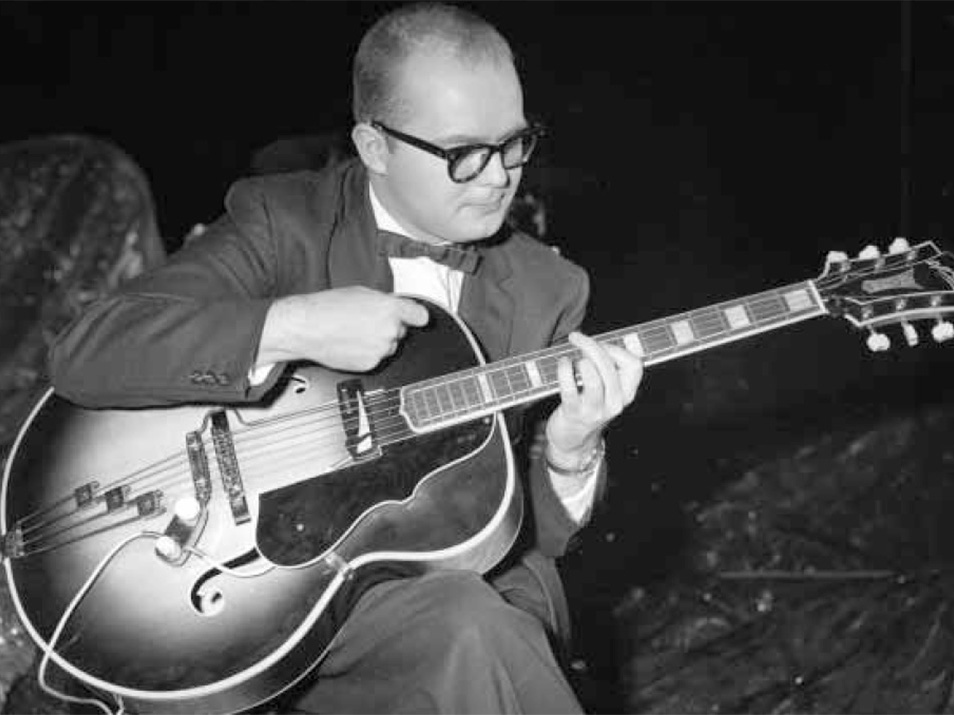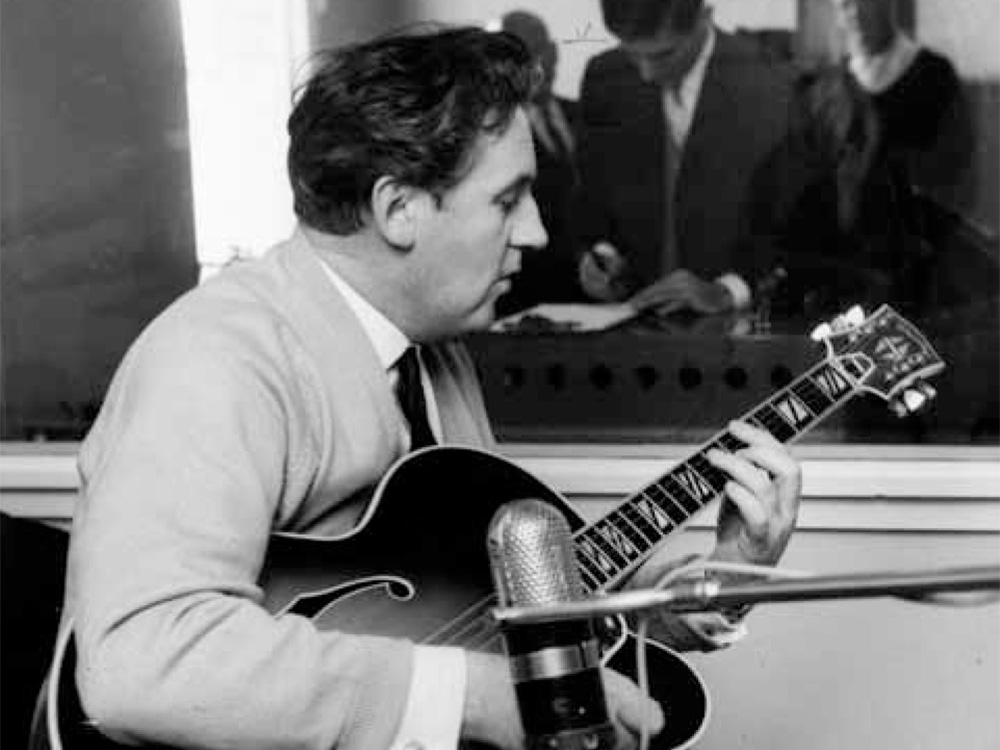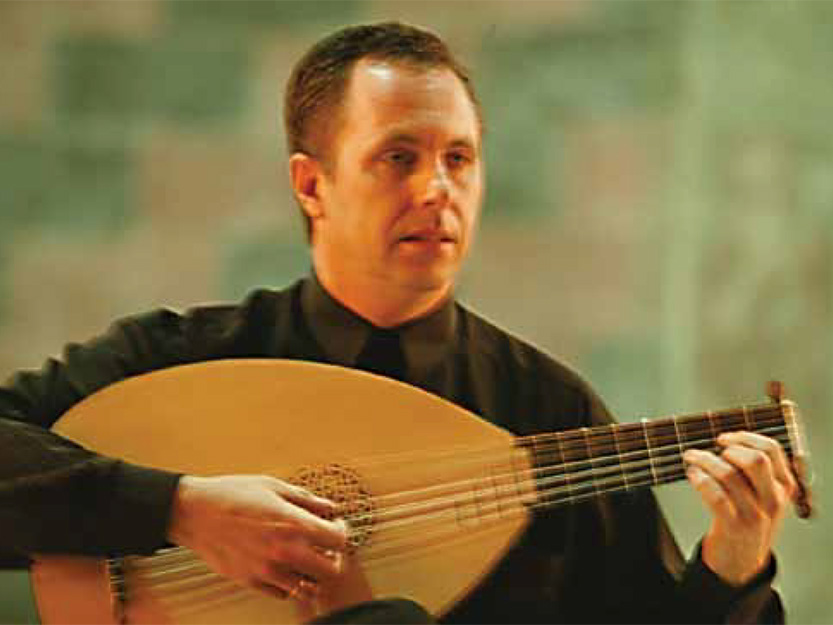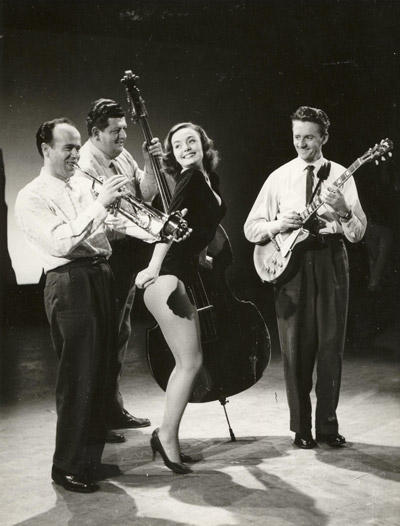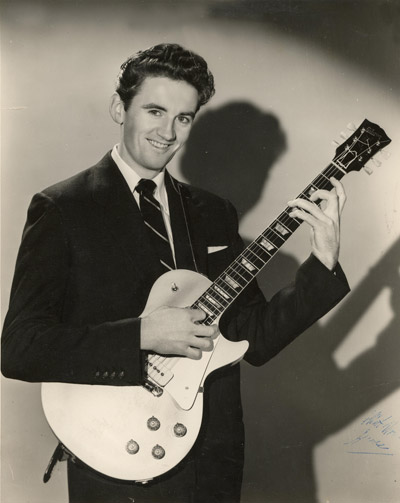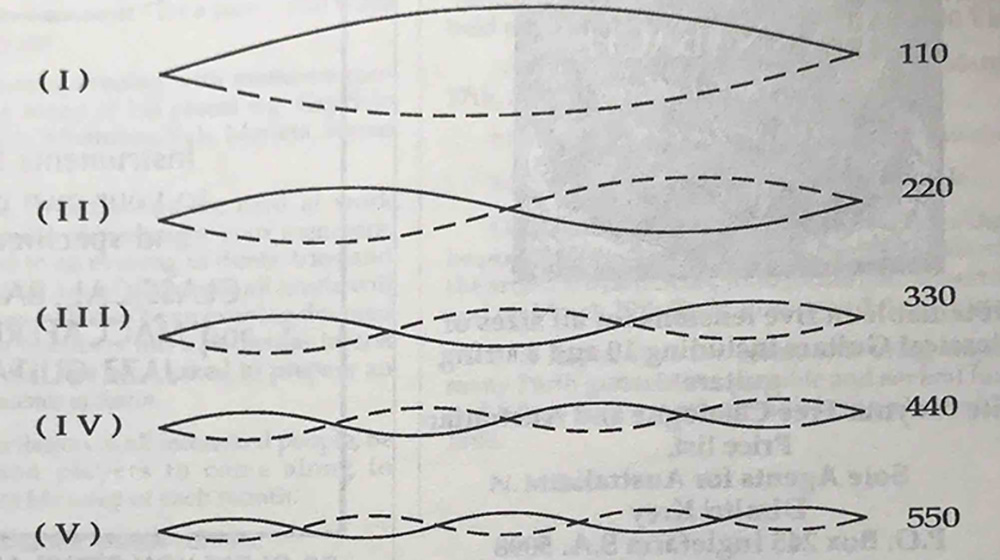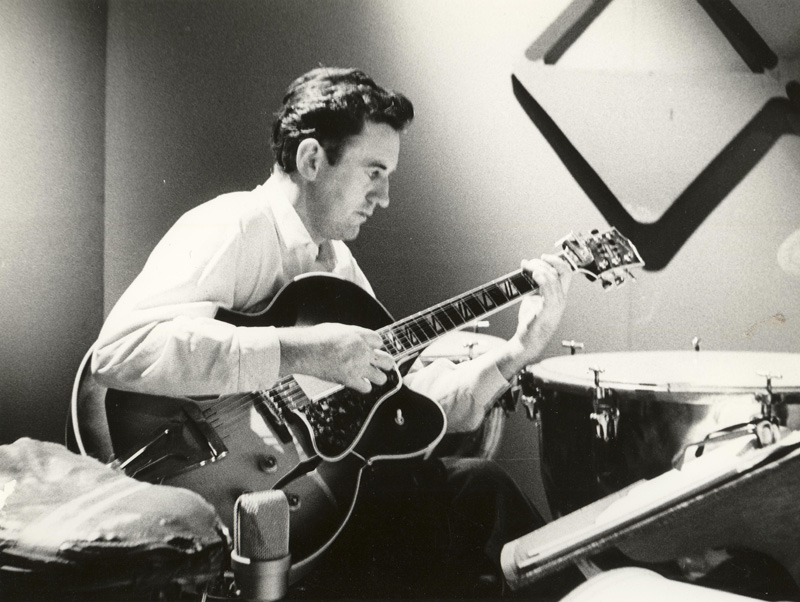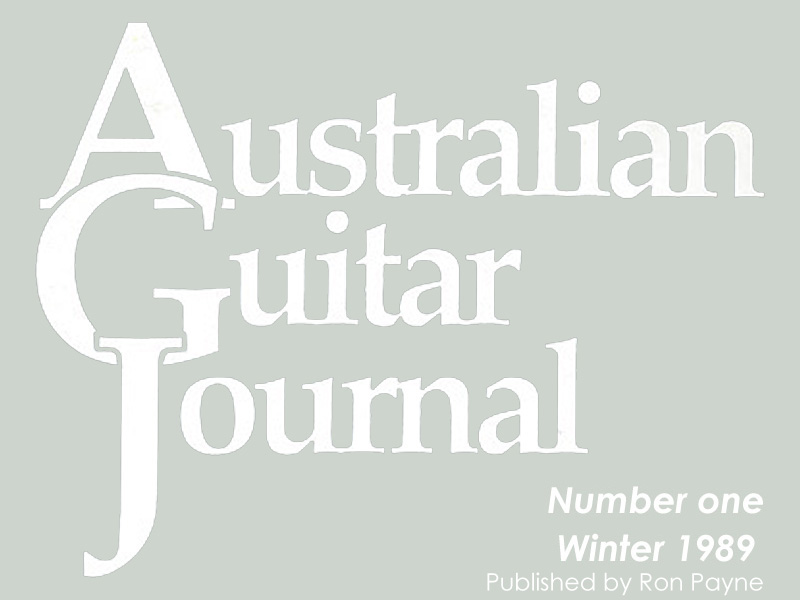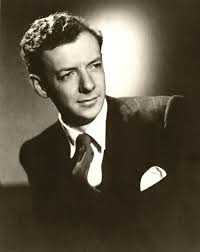 January 30, 2019
WebDev
No comments exist
January 30, 2019
WebDev
No comments exist
Benjamin’s Britten’s Nocturnal Op. 70.An Analytical Study By Paul Svoboda Introduction Completed in 1963, Benjamin Britten’s Nocturnal, Op. 70 for solo guitar, is essentially a set of variations on a song of John Dowland, Come, Heavy Sleep (No. 20 in Dowland’s “First Book of Songs or Ayres of Four Parts,” published in 1597.) In...

